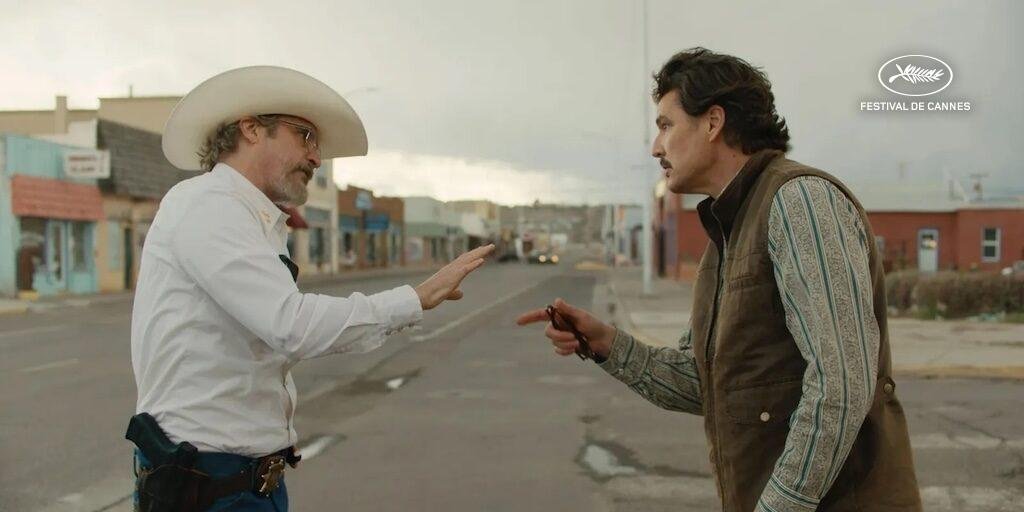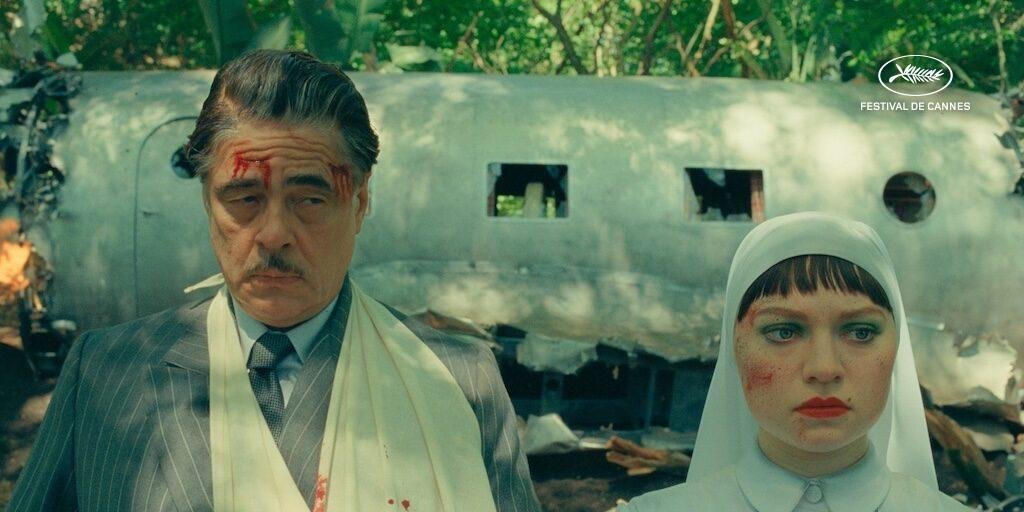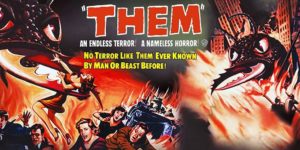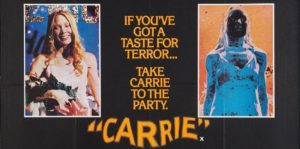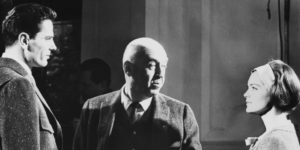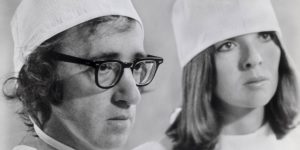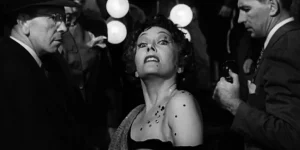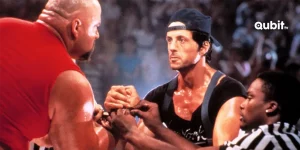The world of film distribution has changed for the worse. This is an issue we have been bringing up in our editorials for quite some time. The release by stages, resulting in the simultaneity between theatrical and streaming, is harmful for those of us who desire to see a movie at theaters. Who else but Martin Scorsese to talk about it, someone who even took the “save the reels” as his own battle, starting with his motion for the preservation and restoration of film. However, nowadays his projects must count with the support of streaming services to be materialized. That was the case with Netflix and The Irishman, and now with Apple and Killers of the Flower Moon, a film that shines on the theatrical screen.
Killers of the Flower Moon is based on the non-fiction book by David Grann, entitled Killers of the Flower Moon: The Osage Murders and the Birth of the FBI, and consists of an epic true crime story about the homicides of members of the Osage tribe in Oklahoma, considered by Grann as a “one-by-one genocide” rather than “massive”. The cause: the indigenous tribe became millionaires in the 1920’s upon finding oil in their lands.
The episodes narrated in Killers of the Flower Moon consisted in the killing of Native Americans, not at random, but with the intention of keeping their inheritances. In many cases, the Americans themselves employed the art of seducing women in the tribe to achieve their objectives. Therefore breaking the tradition of marrying within the tribe and advanced those sinister courses of action related to money and violence.
Leonardo DiCaprio portrays Ernest Burkhart, a simpleton who comes back from war to settle down. He is related to Bill “King” Hale, considered “friend” of the Osage community, who gives him a job and immediate instructions about how to deal with the Osage people. Specifically, he gives him the implicit order of finding a wealthy native, Molly Kyle (masterfully portrayed by Lily Gladstone). Bill works as a sort of liaison between both communities, something like Don Altobello (Eli Wallach) in The Godfather, Part III. On one hand he gives, on the other he receives in an orchestrated fashion.
The community begins to protest after the uncertainty and the suspicions. Some isolated murders occur and they all lead towards the same source.
DiCaprio’s character finds himself in a limbo, a surface delimited between right and wrong. On one hand, he wants to “do the right thing” and form a family with Molly, with whom he is in love, but on the other hand, he shows his true colors as an idiot tirelessly manipulated by Bill. Money, when comes pouring in, is an additional catalyst to Ernest actions.
Killers of the Flower Moon could be included within the Western genre. In a certain way, it is one: it has enough elements to be classified as one. With its three and a half hour runtime and no novelties to bring forward, Scorsese handles timing perfectly to assure the flow and catchiness of the narrative. Besides, he works once again with professionals such as Cinematographer Rodrigo Prieto and Editor Thelma Schoonmaker.
Once blood is drawn in the film, it pacifies itself and turns into a “courtroom drama”, headed by John Lithgow and Brendan Fraser as the attorneys from both sides of the matter. Scorsese pointed out that he talked with native communities before making the film, assuring them that he will tell the truth and agree to their requests, an issue they were concerned about. In some way, Scorsese attempts to tell, as he did with Gangs of New York, that the foundation of America was built upon violence and death, and takes responsibility with this filmic testament, which is also used to infer the rise of institutional order coming from the creation of J. Edgar Hoover’s FBI.
Killers of the Flower Moon encourages Scorsese. Although he declared that he is at the final stages of his life and takes cinema with him, it is also a whole lot what he leaves behind.
![]()
Director: Martin Scorsese. Screenwriters: Eric Roth, Martin Scorsese, David Grann. Cast: Leonardo DiCaprio, Lily Gladstone, Jesse Plemons, John Lithgow, Brendan Fraser. Producers: Dan Friedkin, Daniel Lupi, Martin Scorsese, Bradley Thomas. Running Time: 206 minutes.



